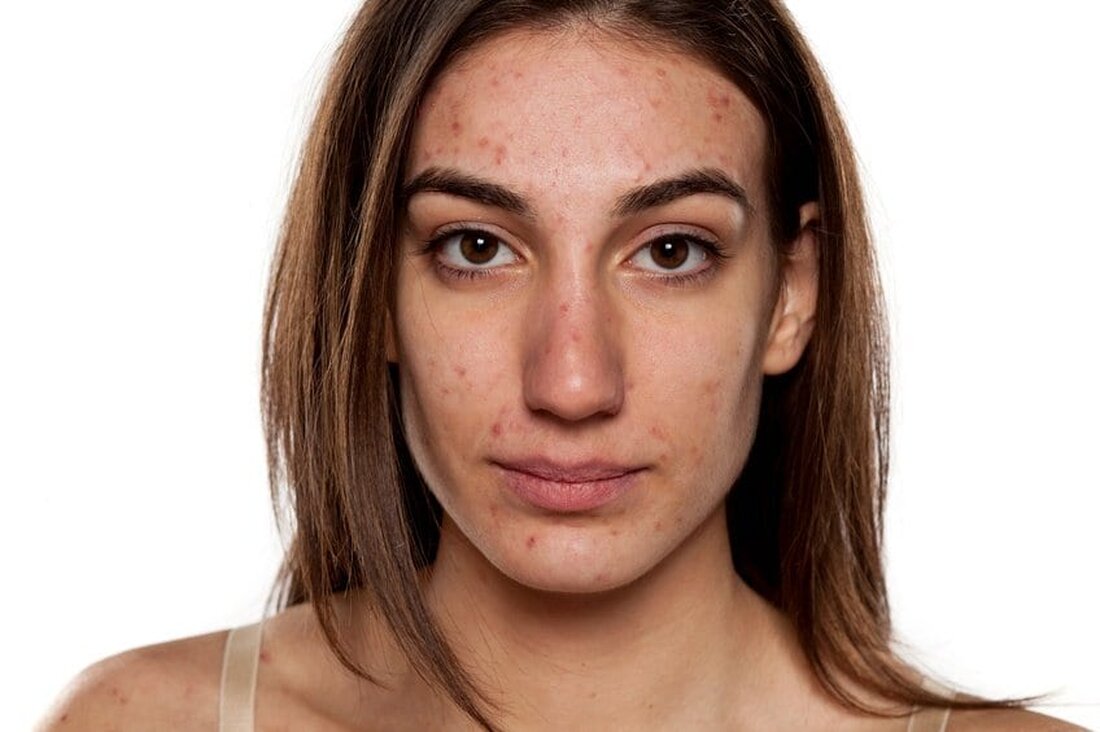Facts about acne
Acne is a common skin disease that causes pimples. Pimples form when hair follicles under your skin become clogged. Most pimples form on the face, neck, back, chest and shoulders. Anyone can get acne, but it is common in teenagers and young adults. It's not serious, but it can cause scarring. Nobody knows exactly what causes acne. Hormonal changes, such as those that occur during adolescence and pregnancy, likely play a role. There are many myths about what causes acne. Chocolate and fatty foods are often blamed, but there is little evidence that foods...

Facts about acne
Acne is a common skin disease that causes pimples. Pimples form when hair follicles under your skin become clogged. Most pimples form on the face, neck, back, chest and shoulders. Anyone can get acne, but it is common in teenagers and young adults. It's not serious, but it can cause scarring.
Nobody knows exactly what causes acne. Hormonal changes, such as those that occur during adolescence and pregnancy, likely play a role. There are many myths about what causes acne. Chocolate and fatty foods are often blamed, but there is little evidence that foods have a major impact on acne in most people. Another common myth is that dirty skin causes acne. However, blackheads and pimples are not caused by dirt. Stress doesn't cause acne, but stress can make it worse.
If you have acne
Cleanse your skin gently
Try not to touch your skin
Avoid the sun
Treatments for acne include medications and creams.
Eating fewer simple carbohydrates like sugar may help. Treatments that are applied directly to the affected skin, such as azelaic acid, benzoyl peroxide, and salicylic acid, are commonly used. Antibiotics and retinoids are available in formulations that are applied to the skin and taken orally to treat acne. However, resistance to antibiotics can develop as a result of antibiotic therapy. Different types of birth control pills help combat acne in women. Isotretinoin pills are usually reserved for severe acne due to greater potential side effects. Some medical professionals advocate treating acne early and aggressively to reduce the overall long-term effects on the individual.
In 2015, acne affected an estimated 633 million people worldwide, making it the eighth most common disease worldwide. Acne is common in adolescence and affects an estimated 80-90% of teenagers in the Western world. Lower rates are reported in some rural societies. Children and adults can also be affected before and after puberty. Although acne is less common in adulthood, almost half of those affected experience it into their 20s and 30s, and a smaller group continues to have difficulties into their 40s.
Known for its burning-relieving properties, aloe can promote healing, fight infection, and even reduce scarring. Scrape the gel from an aloe plant with a spoon and apply it to acne. You can also buy aloe gel at health food stores. Just make sure it is pure aloe with no additional ingredients. Other home remedies can help
Inspired by Martin Derek

 Suche
Suche
 Mein Konto
Mein Konto
